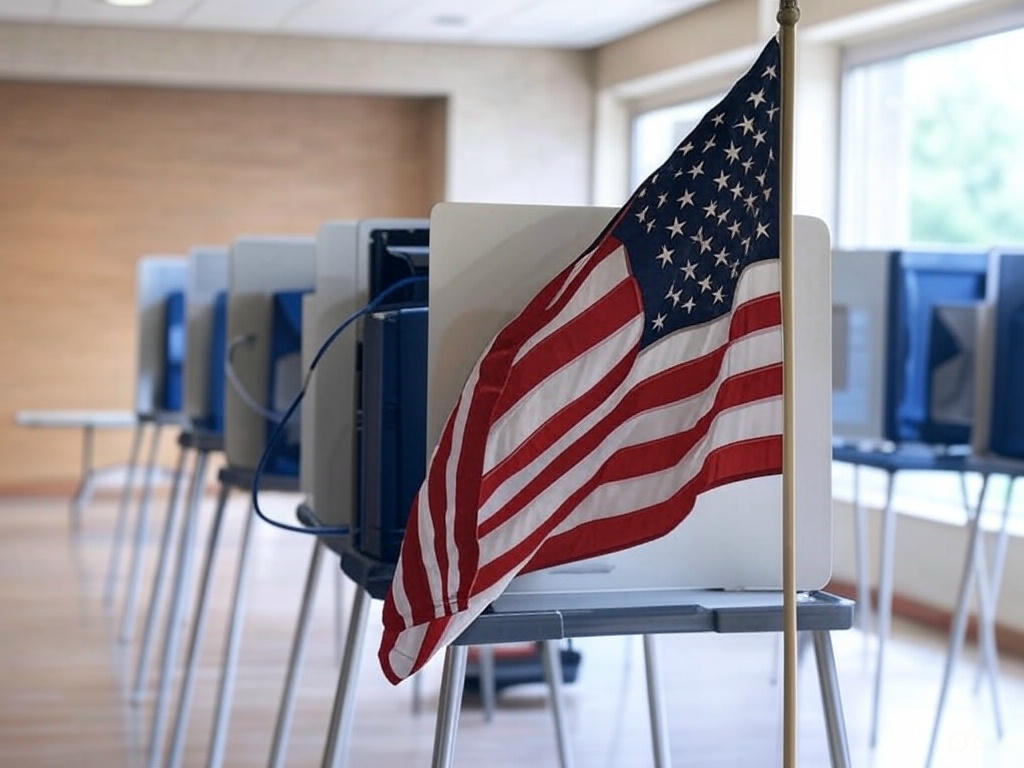Trump’s Executive Order Requires Citizenship Proof for Voting, Trump Signs Executive Order Mandating Proof of Citizenship for Voters
President Donald Trump has issued a new executive order requiring all U.S. voters to provide proof of citizenship before registering to vote in federal elections. The directive, signed on March 26, 2025, mandates that individuals present official documents such as a birth certificate, passport, or naturalization certificate to confirm their eligibility.
This policy aims to enhance election security, but it has also sparked national debate regarding voter access, legal challenges, and potential disenfranchisement.
Understanding Trump’s Executive Order: Key Components
The executive order introduces significant changes to the U.S. election system, particularly in terms of voter verification and mail-in ballot procedures. Below is a breakdown of the key components:
| Key Component | Explanation |
|---|---|
| Mandatory Citizenship Verification | Voters must submit valid documentation proving U.S. citizenship before registering. |
| Mail-in Ballot Deadline | Ballots must be received by Election Day to be counted, reducing delays. |
| State Compliance Mandate | States must implement these rules or risk losing federal election funding. |
| Election Security Justification | The order aims to prevent fraudulent voting and enhance election integrity. |
These measures are designed to create a standardized system, ensuring that only eligible U.S. citizens can participate in federal elections.
Why Is Citizenship Proof Required?
Trump’s administration argues that requiring proof of citizenship will help prevent non-citizens from voting, a concern frequently raised in election security discussions. Supporters claim this will:
- Strengthen voter trust in elections.
- Ensure accurate voter rolls.
- Reduce election fraud risks.
However, opponents believe this move could:
- Disenfranchise eligible voters, particularly those without easy access to required documents.
- Add bureaucratic hurdles to voter registration.
- Cause delays and confusion in voter registration processes.
Public Reactions and Controversy
Trump’s executive order has triggered strong responses from both supporters and critics:
| Supporters’ Views | Opponents’ Concerns |
| Ensures only U.S. citizens vote | Could disenfranchise millions of eligible voters |
| Prevents potential election fraud | May disproportionately impact low-income and elderly voters |
| Standardizes voter verification across states | Could be challenged as unconstitutional due to state election control |
While some conservative lawmakers have praised the order, legal experts question whether the federal government has the constitutional authority to impose such voting regulations.
How Will This Impact Upcoming Elections?
With the 2026 midterm elections approaching, this executive order could significantly affect voter participation. Key impacts include:
- Increased Registration Rejections: Individuals unable to provide required documentation may be unable to register.
- Administrative Burden on States: Election offices will need additional resources to verify citizenship documents.
- Potential Legal Battles: Lawsuits from civil rights organizations could delay or block enforcement.
Election officials across the country are assessing how to implement these new requirements while ensuring voter access is not unduly restricted.
Legal Challenges and Constitutional Debate
Legal experts predict multiple lawsuits challenging this executive order. Key legal concerns include:
- Federal vs. State Authority: The Constitution gives states the power to manage elections. Can a federal mandate override this?
- Voter Suppression Claims: Civil rights groups argue the order could violate the Voting Rights Act.
- Supreme Court Review Likely: If legal challenges reach the Supreme Court, the ruling could reshape future election policies.
Conclusion: What Voters Need to Know
As this executive order faces legal scrutiny, U.S. voters should stay informed about its potential impact. If upheld, voters must ensure they have the necessary documents before election deadlines. This directive could reshape voter registration rules and influence future election laws.
For now, election officials and advocacy groups are urging voters to verify their registration status and obtain proof of citizenship documents as soon as possible.
According to Reuters, multiple states are already preparing to challenge the order in court, making it uncertain whether it will be implemented nationwide.





